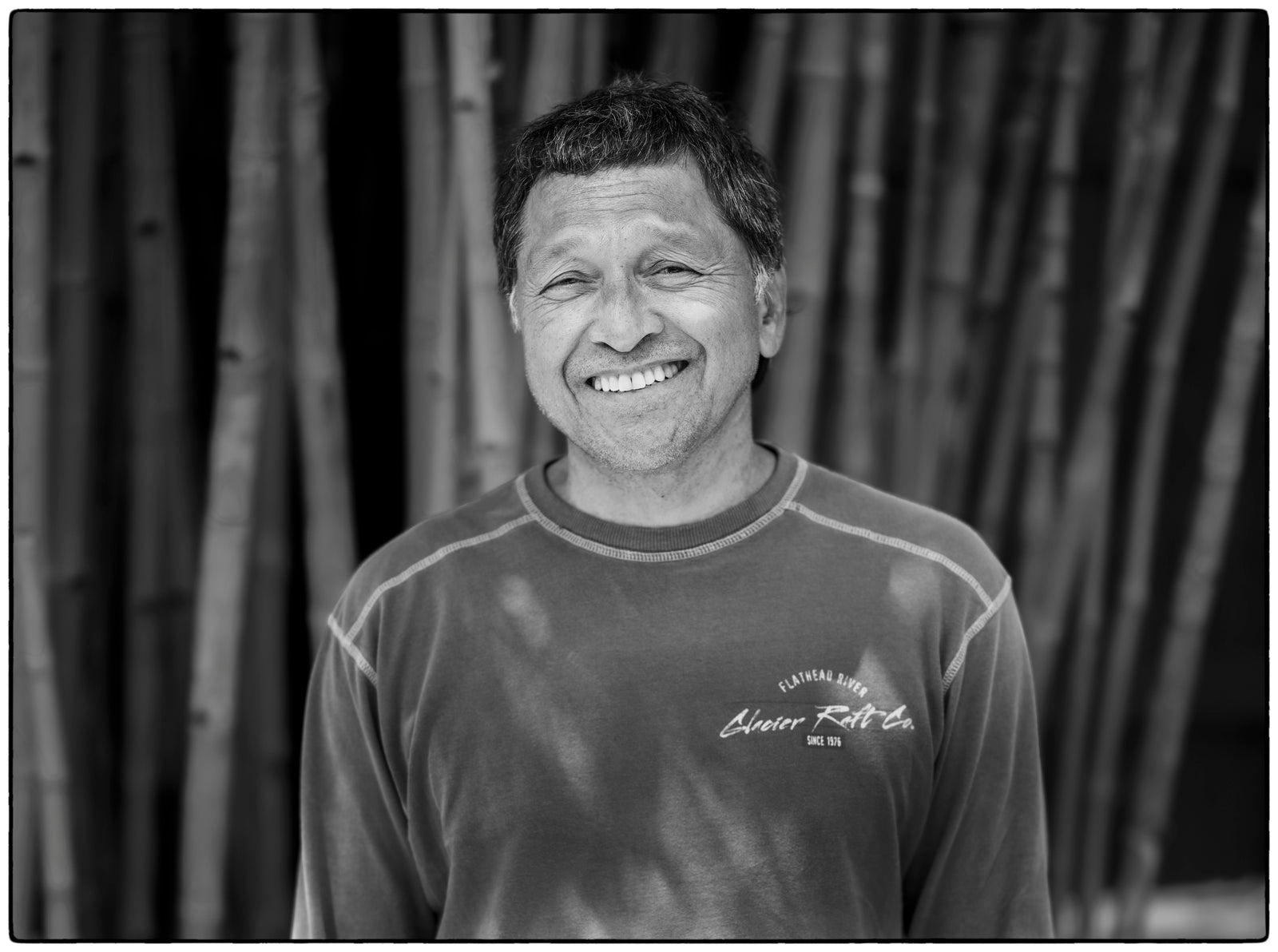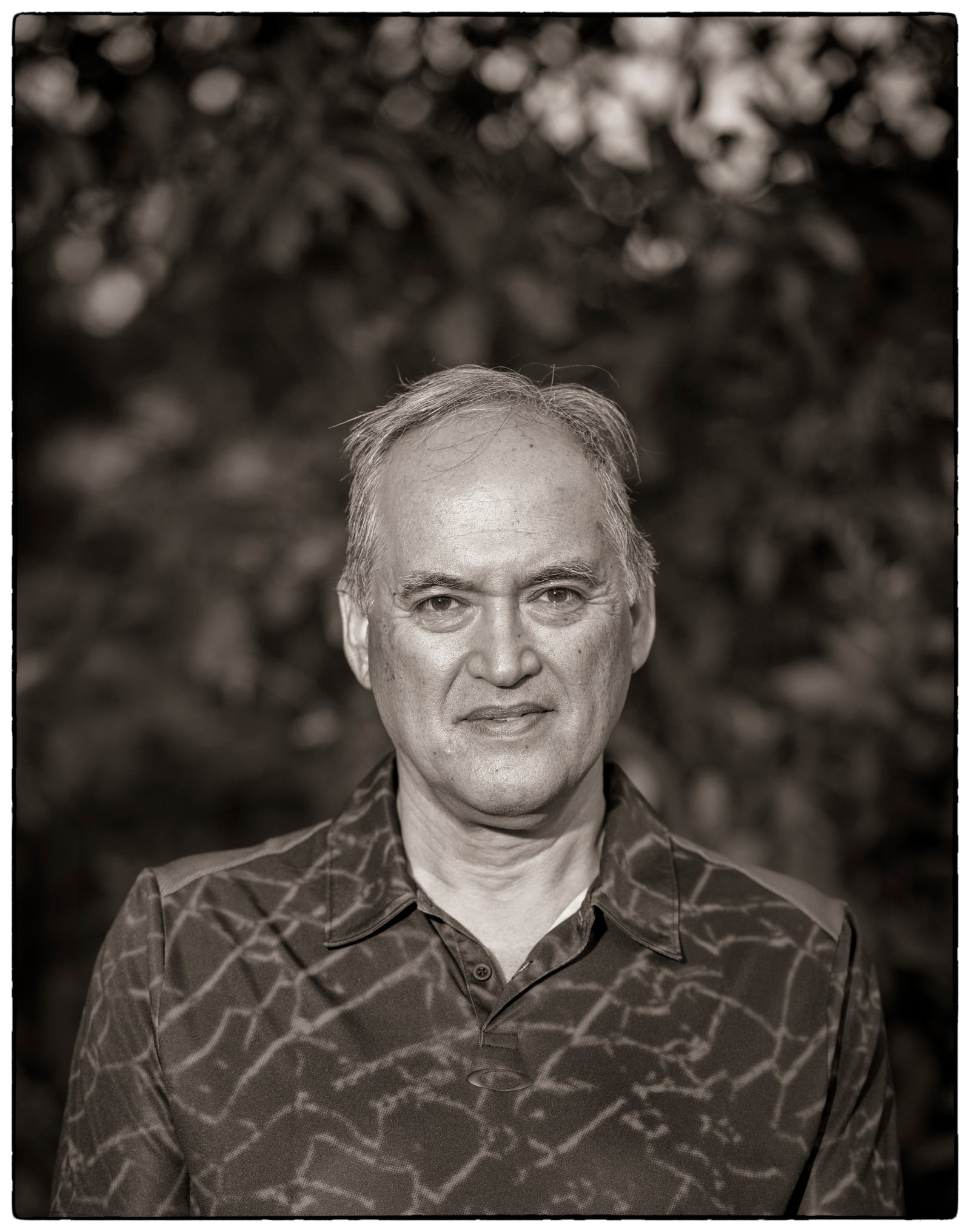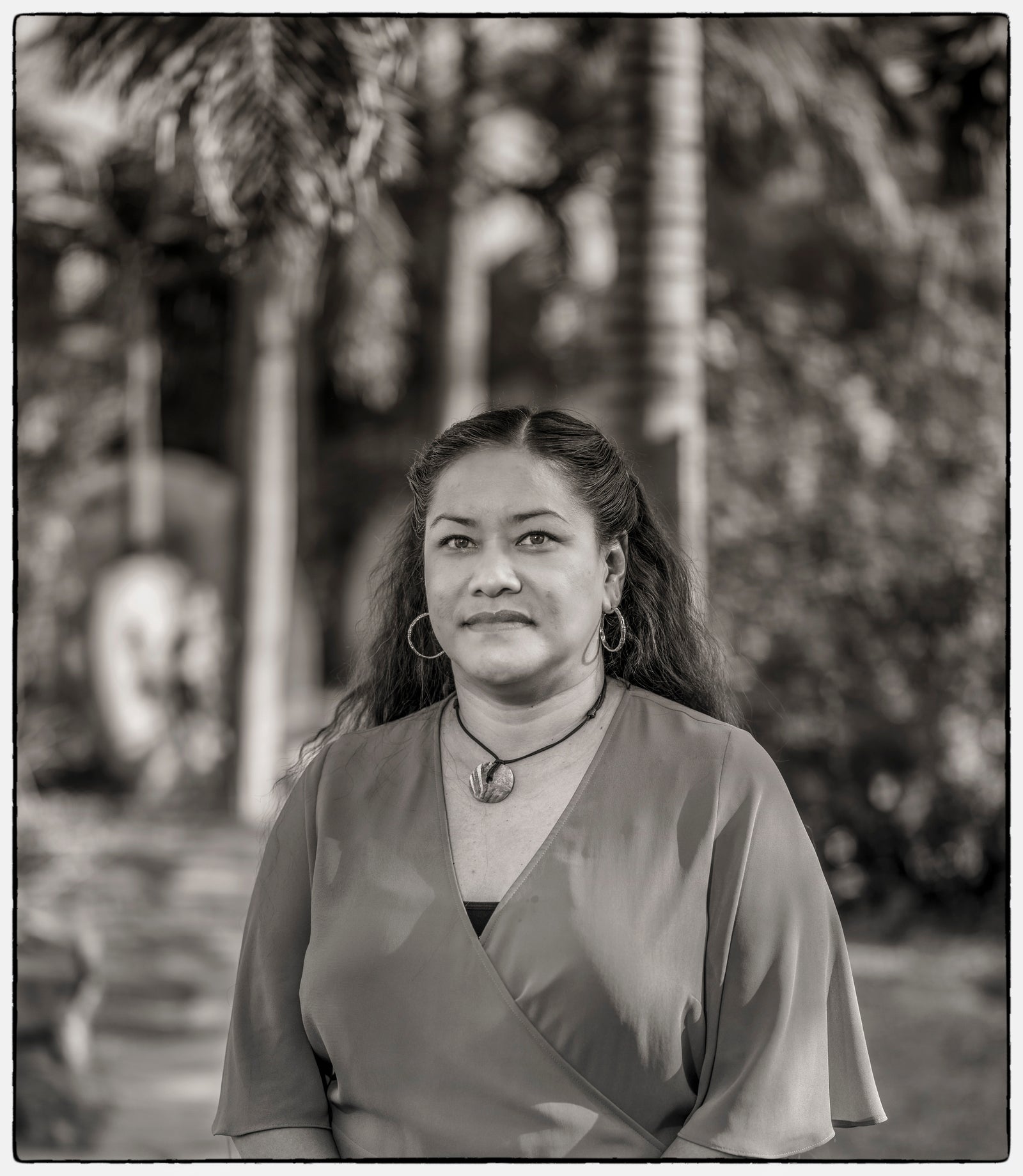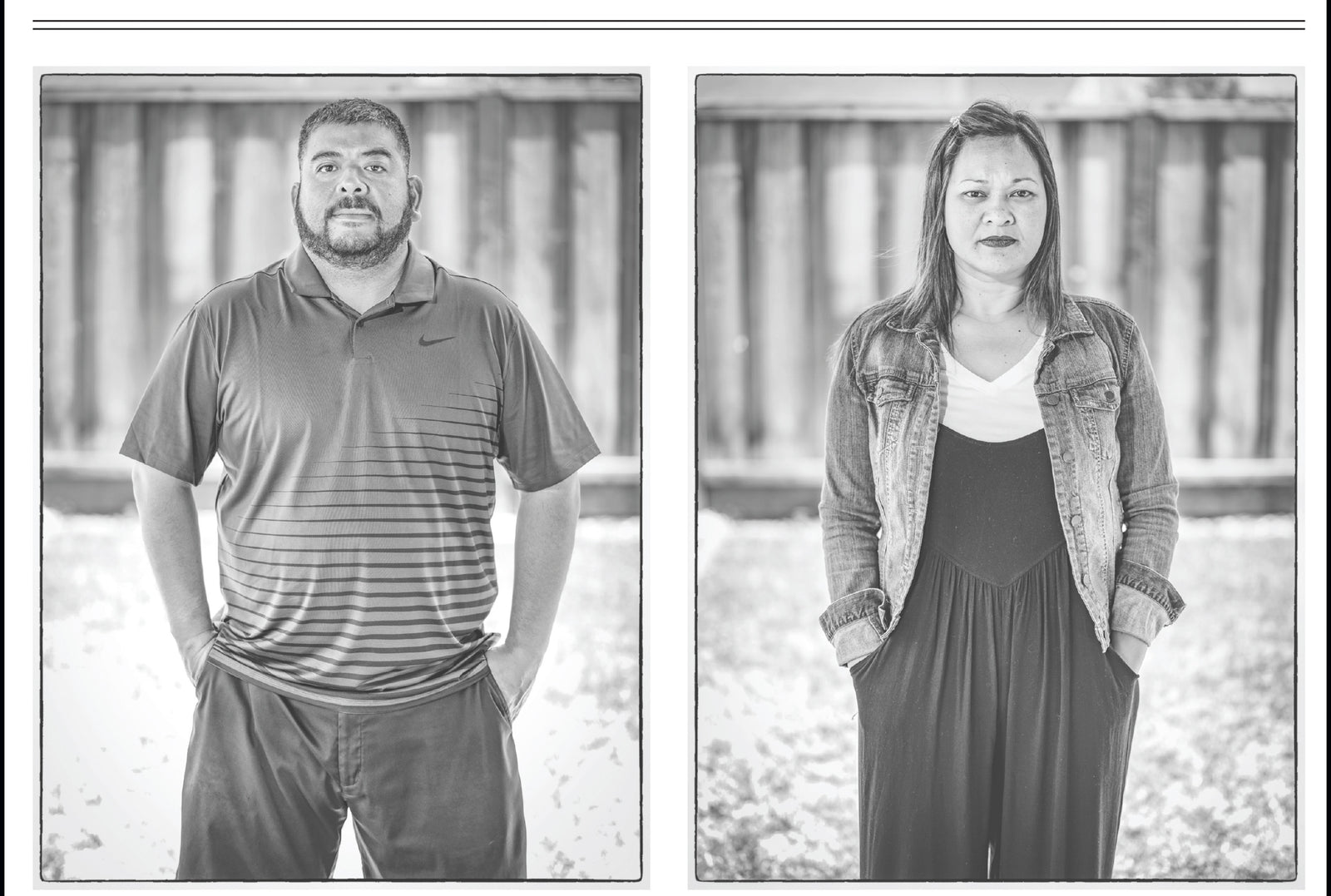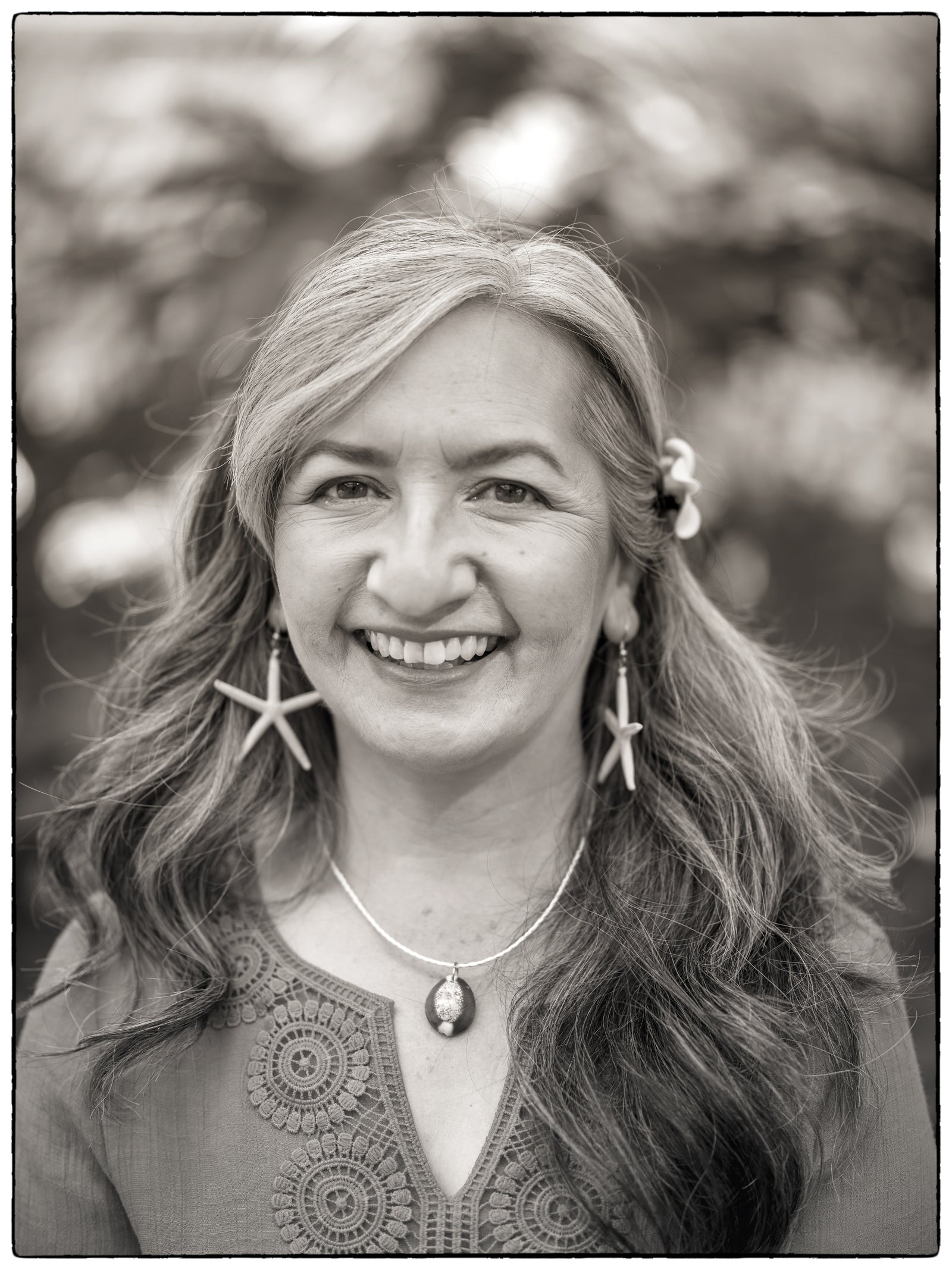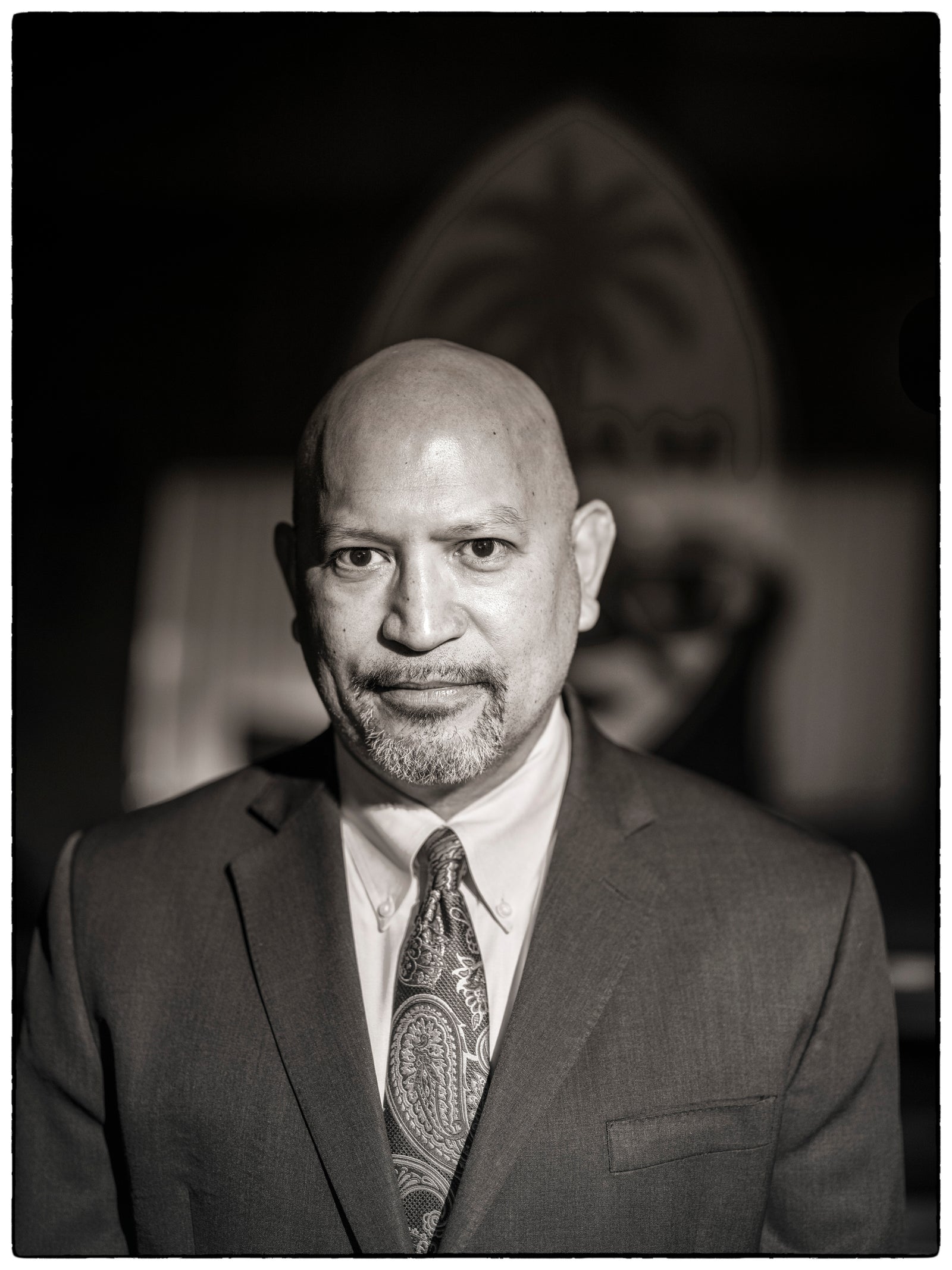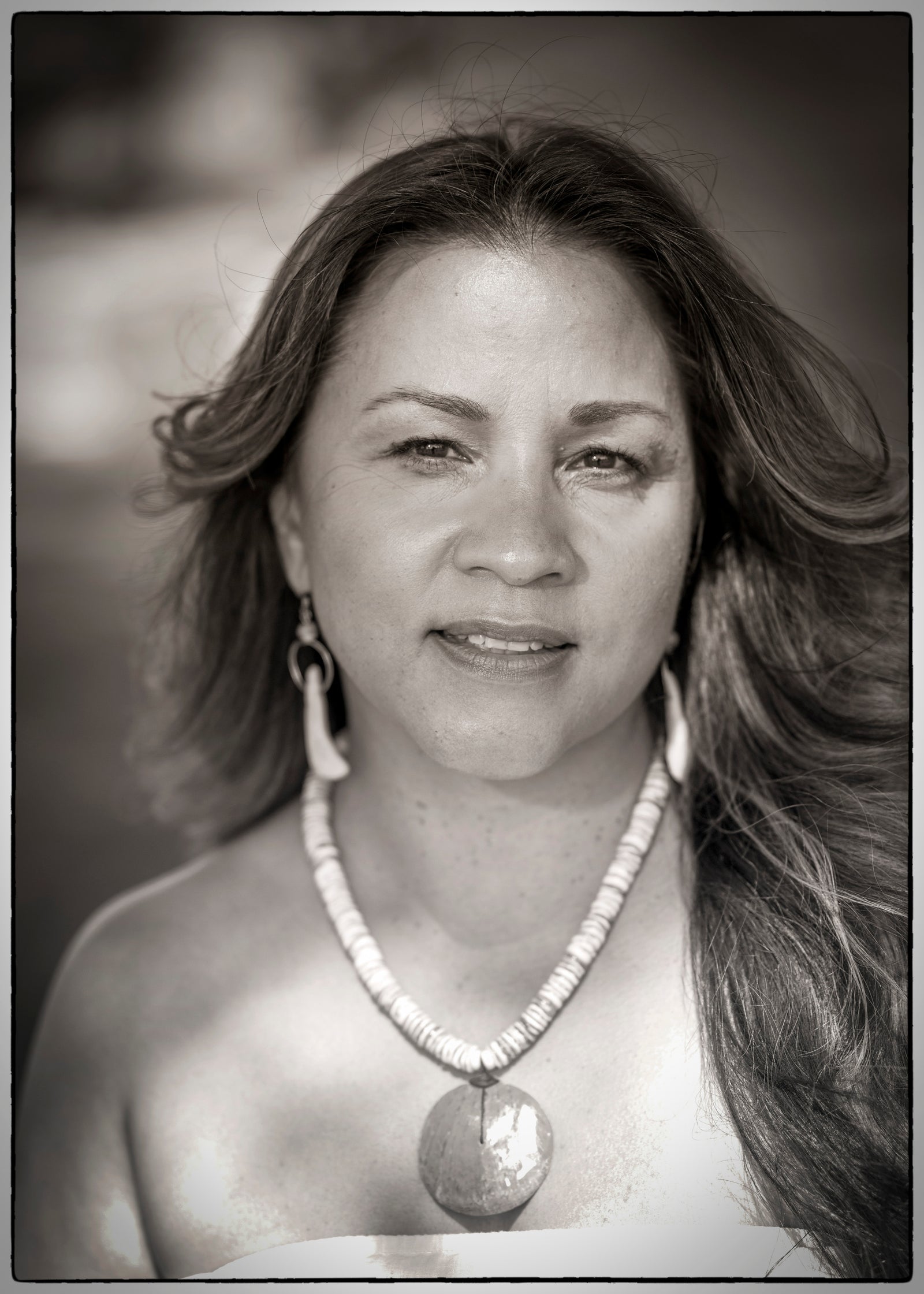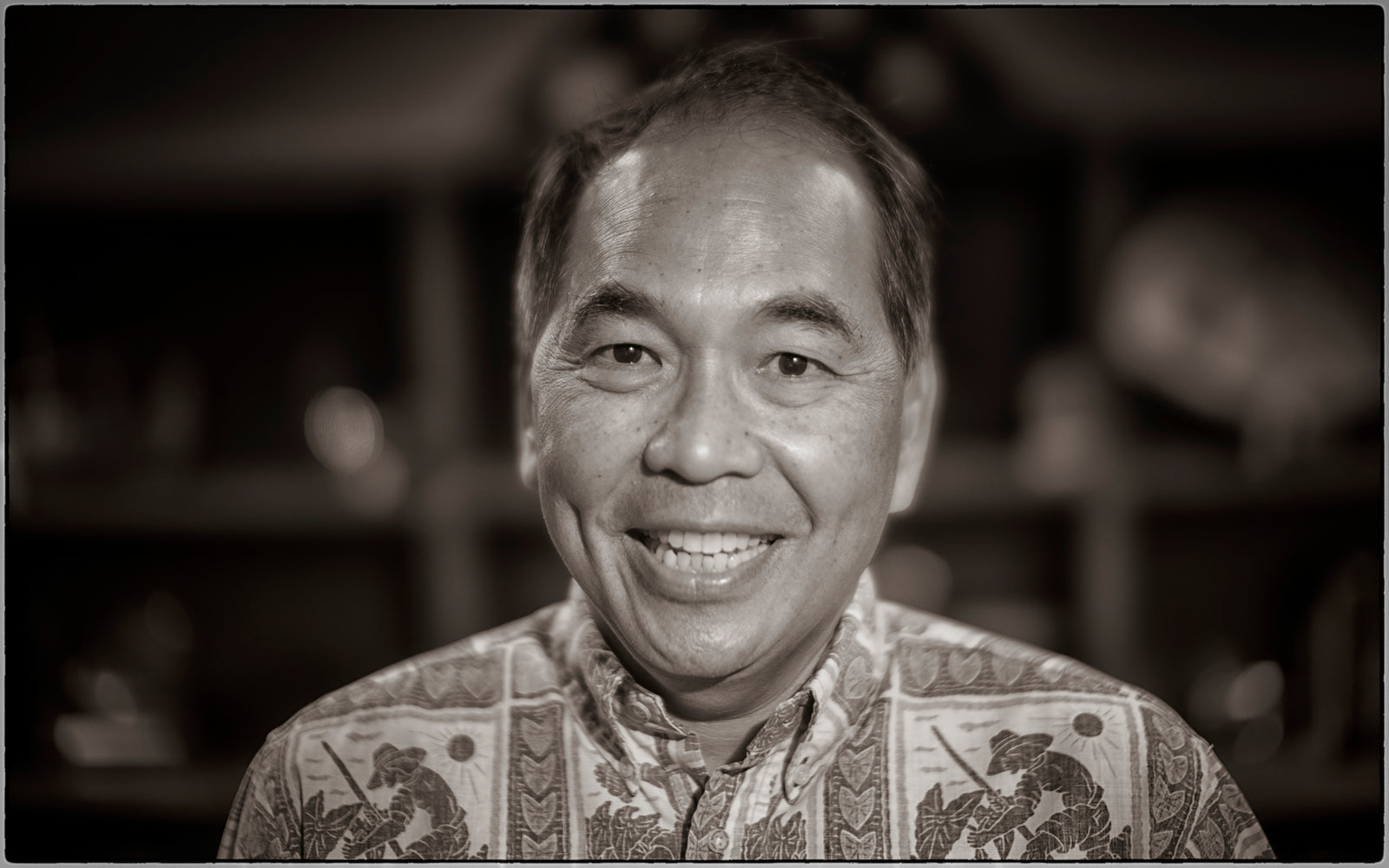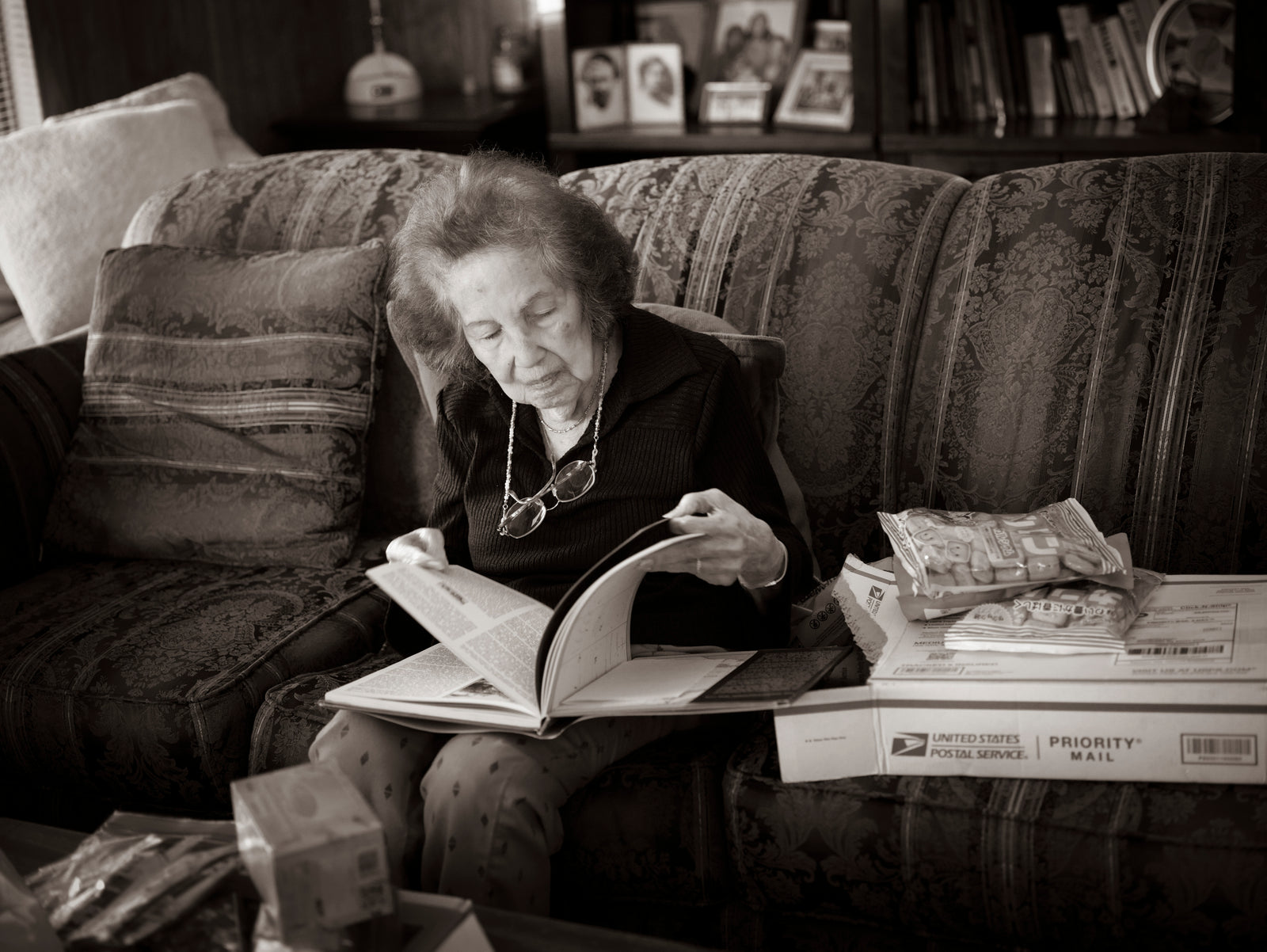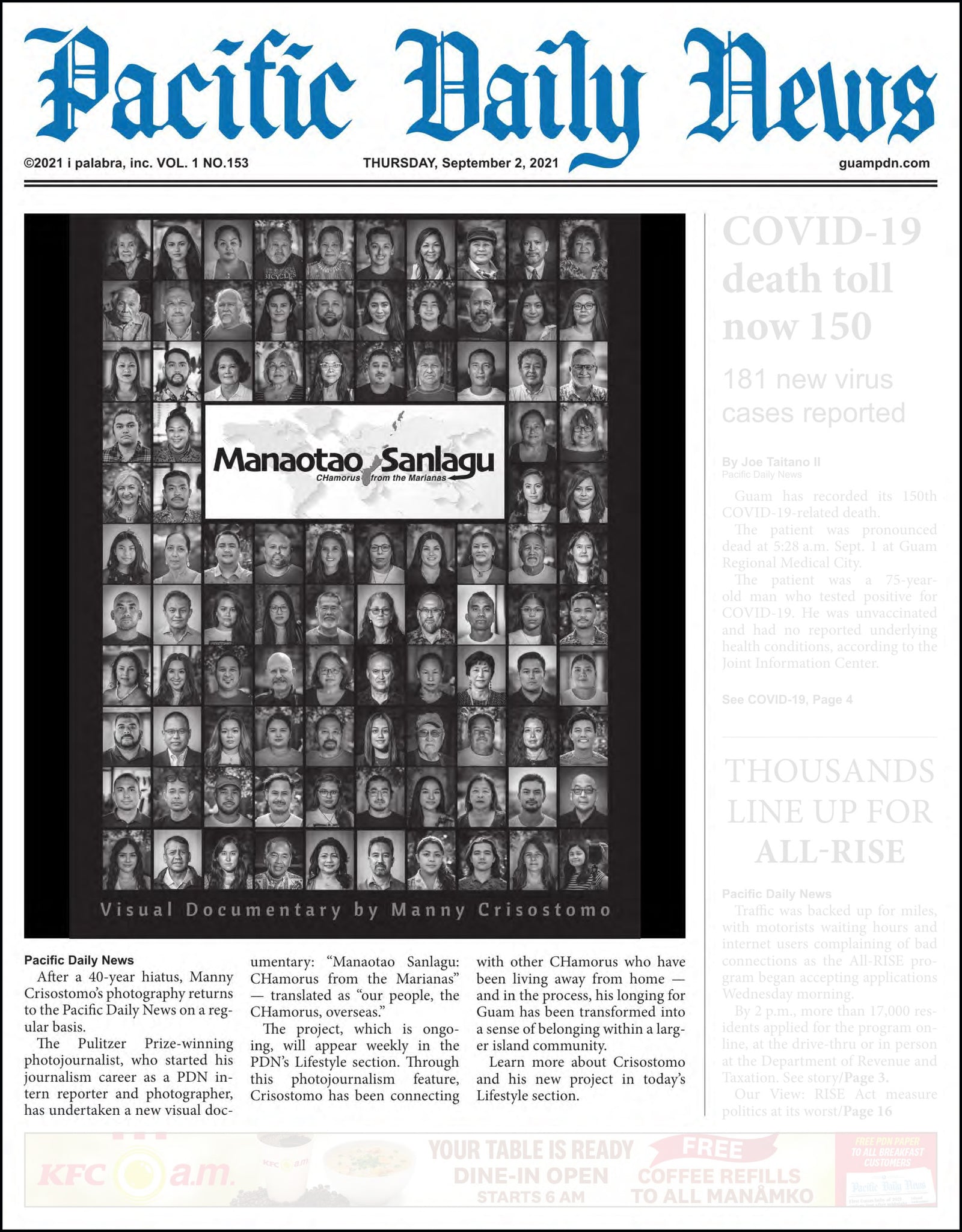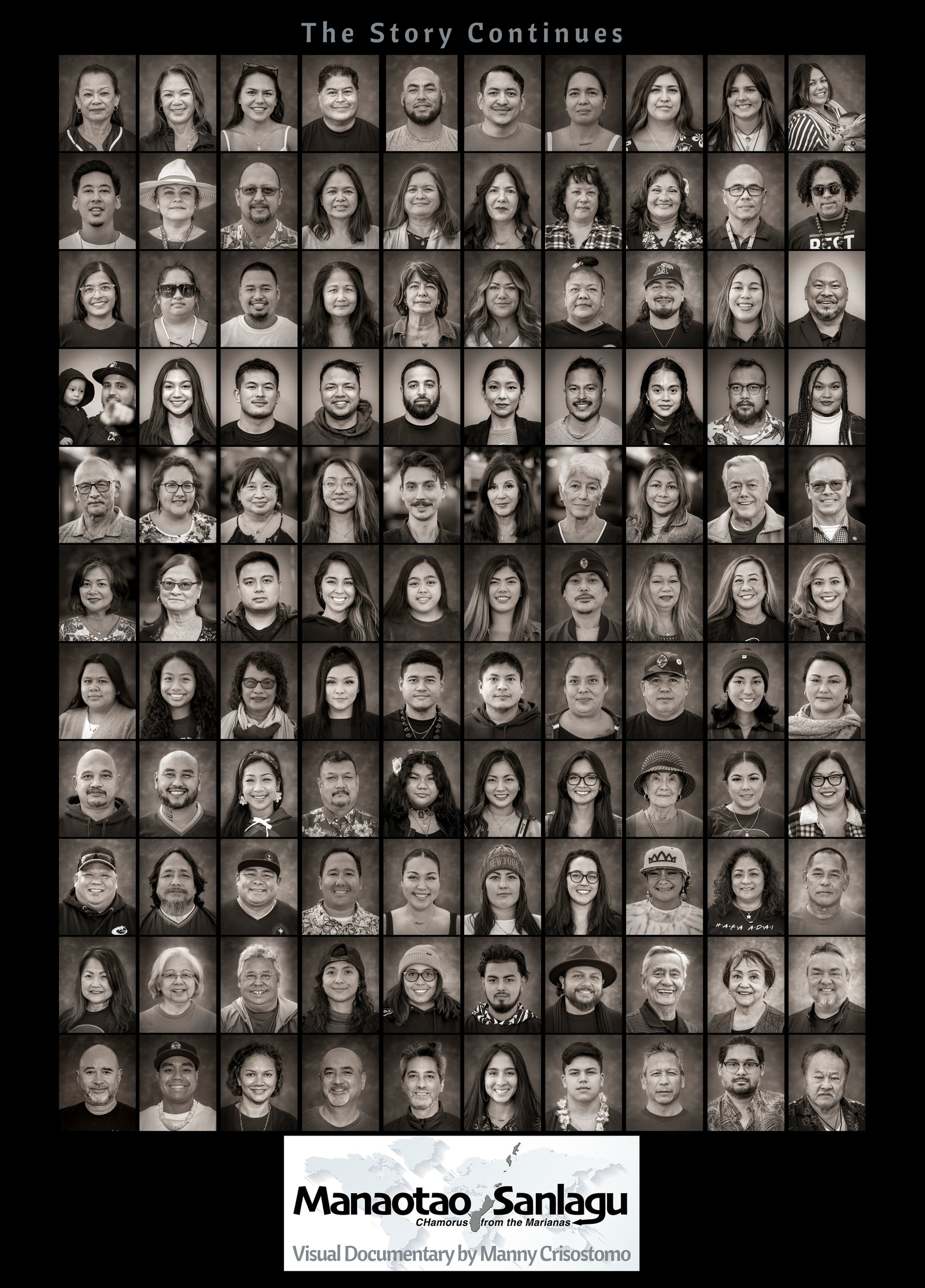
Manaotao Sanlagu CHamoru profiles
Manaotao Sanlagu CHamoru profiles
was working as director of
Salesforce’s western region data
center operations in San Francisco, the former Yigo resident
would make an annual February pilgrimage to Guam for his
family’s fiesta for “emotional
refueling.”
- bay area chamoru
- Chamorro
- CHamoru
- CHamoru culture
- CHamoru people
- davis chamoru
- doctor
- documentary
- familian gollo
- Guam
- Guam culture
- mahalang
- manny crisostomo
- Marianas
- medical profession
- migration
- pulitzer prize
- ric perez
- rob perez
- Stateside chamorro
- transplant surgeon
- uc davis medical center
- November 03, 2021
- 6 min read
- Chamorro
- CHamoru
- CHamoru culture
- CHamoru people
- Che’lu Festival
- dancer
- disapora
- documentary
- familian Goyu
- familian Karabao
- Frank Rabon
- Guam
- Guam culture
- Guma’ Kutturan CHamoru Foundation.
- Heidi Chargualaf-Quenga
- indigenous
- kustumbren CHamoru
- Kutturan Chamoru
- mahalang
- manny crisostomo
- Marianas
- migration
- military
- MIlitary family
- Pacific Islander
- Stateside chamorro
- November 03, 2021
- 4 min read
After his dream of a military ca- reer as an officer ended, Guam native Johnny Cepeda Gogo’s turned to Plan B — law school. Now he’s a Superior Court judge in California.
Pulitzer-winning multimedia journalist Manny Crisosto- mo chronicles Gogo’s journey in his ongoing visual documentary “Manaotao Sanlagu: CHamorus from the Marianas,” translated as “our people, the CHamorus, over- seas.”
Lyn Aflague Arroyo, photographed at the Holy Sepulchre Cemetery in Hayward, California. “There’s something about talking story next to where my grandparents are laid to rest,” she said. “It was a place I often went to as a little girl with my grandma, my brother died as an infant and is buried there.”

- Chamorro
- CHamoru
- CHamoru people
- disapora
- documentary
- Guam
- indigenous
- manny crisostomo
- Marianas
- pulitzer prize
- Stateside chamorro
- October 19, 2021
- 5 min read
Columbina Camacho Nelson, 94, talks about life in Guam before she left the island in 1952 at the age of 21, aboard a ship heading for California. She is one of thousands of CHamorus from Guam who uprooted, moved off island and relocated to communities across the United States and around the world.
- Chamorro
- CHamoru
- CHamoru people
- disapora
- documentary
- Guam
- indigenous
- manny crisostomo
- Marianas
- pulitzer prize
- Stateside chamorro
- October 16, 2021
- 4 min read
Pulitzer Prize-winning photojournalist, Manny Crisostomo, has undertaken a new visual documentary: “Manaotao Sanlagu: CHamorus from the Marianas” — translated as “our people, the CHamorus, overseas.” The project, which is ongoing, will appear weekly in the PDN’s Lifestyle section. Through this photojournalism feature, Crisostomo has been connecting with other CHamorus who have been living away from home — and in the process, his longing for Guam has been transformed into a sense of belonging within a larger island community.
- Chamorro
- CHamoru
- CHamoru people
- disapora
- documentary
- Guam
- indigenous
- manny crisostomo
- Marianas
- pulitzer prize
- Stateside chamorro
- October 14, 2021
- 7 min read

